– What has been the greatest challenge or difficulty encountered so far in the Hunor program?
– I can say on behalf of all of us that there have been many critical moments for the astronauts and the professionals surrounding them — the most recent being the rocket launch. With the repeated postponements of the launch date, it became clear to everyone that there are no routine tasks in the space sector. These moments tested the endurance of both our colleagues working in Hungary and the teams traveling to the United States, as well as the astronauts themselves. Overall, however,
I want to dispel the misconception that anyone was ever in life-threatening danger.
One of the defining characteristics of space activity — and especially human spaceflight—is that the work is carried out according to extremely rigorous safety protocols, both by the professionals and the astronauts. So whenever a potential issue arises, the highest-level safety and monitoring processes are immediately triggered. I would say that the most difficult aspect of the pre-launch period was the mental and emotional tension.

– To what extent is the Hungarian space program independent, and how much does it depend on other international partners?
– In a sense, Hunor is entirely a national program. Within the European Space Agency, we essentially initiated this model, which then allowed us to operate based on our own national astronaut program and implement the scientific content ourselves. At the same time, we signed cooperation agreements with both the European Space Agency and, of course, with our American partners.
Still, we had considerable freedom in designing the program, thanks to the fact that Hunor is under national jurisdiction.
In the case of the Polish astronaut, the mission is being conducted entirely within the framework of the European Space Agency — so that is not an exclusively Polish national research program. In fact, we were the first to reach a high-level governmental agreement with Axiom Space. This company is NASA’s partner in these new types of spaceflights. Of course, it is obvious that it would be unrealistic for Hungary to run a space program relying solely on domestic capabilities. Very few countries on Earth are capable of doing that—these are the so-called space superpowers, such as the United States, Russia, and China. Japan and India will soon join their ranks in terms of their own astronaut capabilities, but most other countries operate within the framework of international cooperation. Therefore, for Hungary, space activity is undeniably a platform for major international collaboration. This is also a resource in itself, as space diplomacy offers a tremendous opportunity for any country to build valuable partnerships with others by leveraging its own innovation, technology, and knowledge.
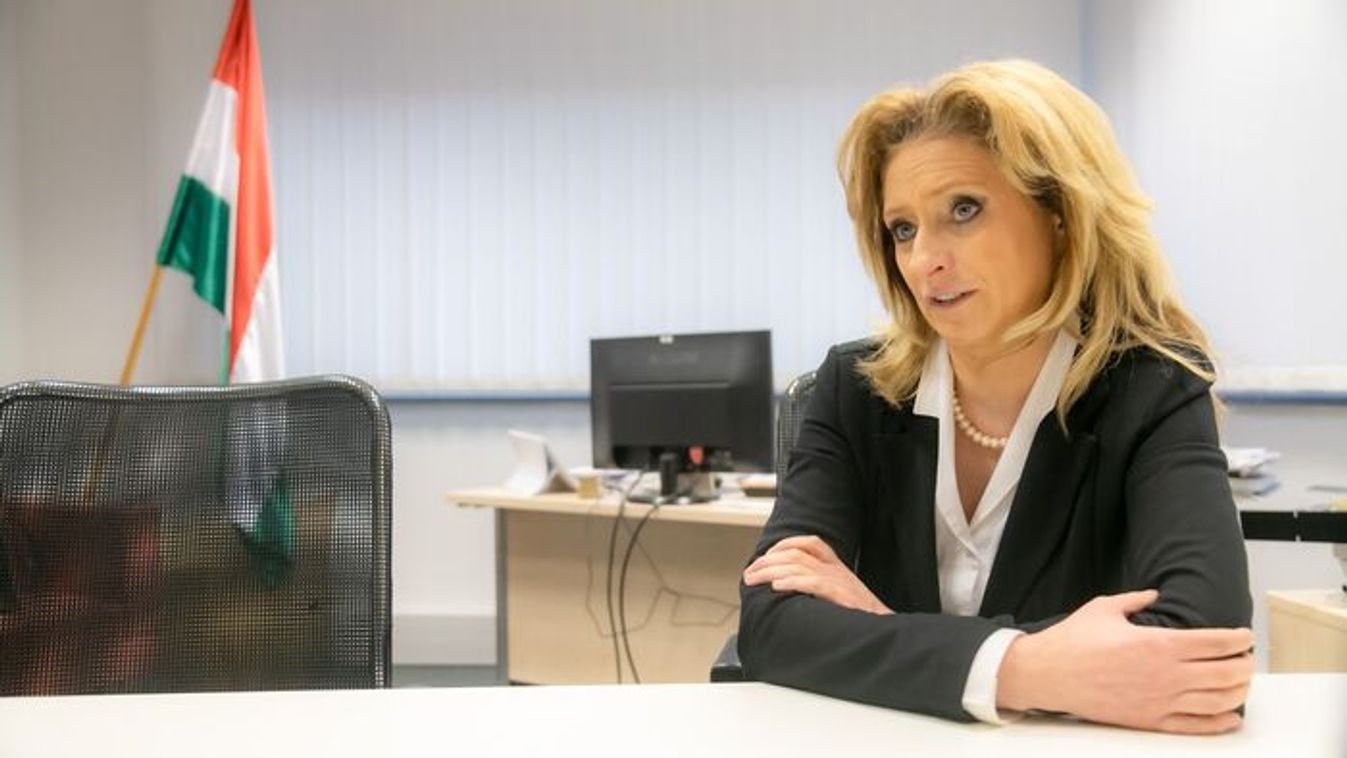
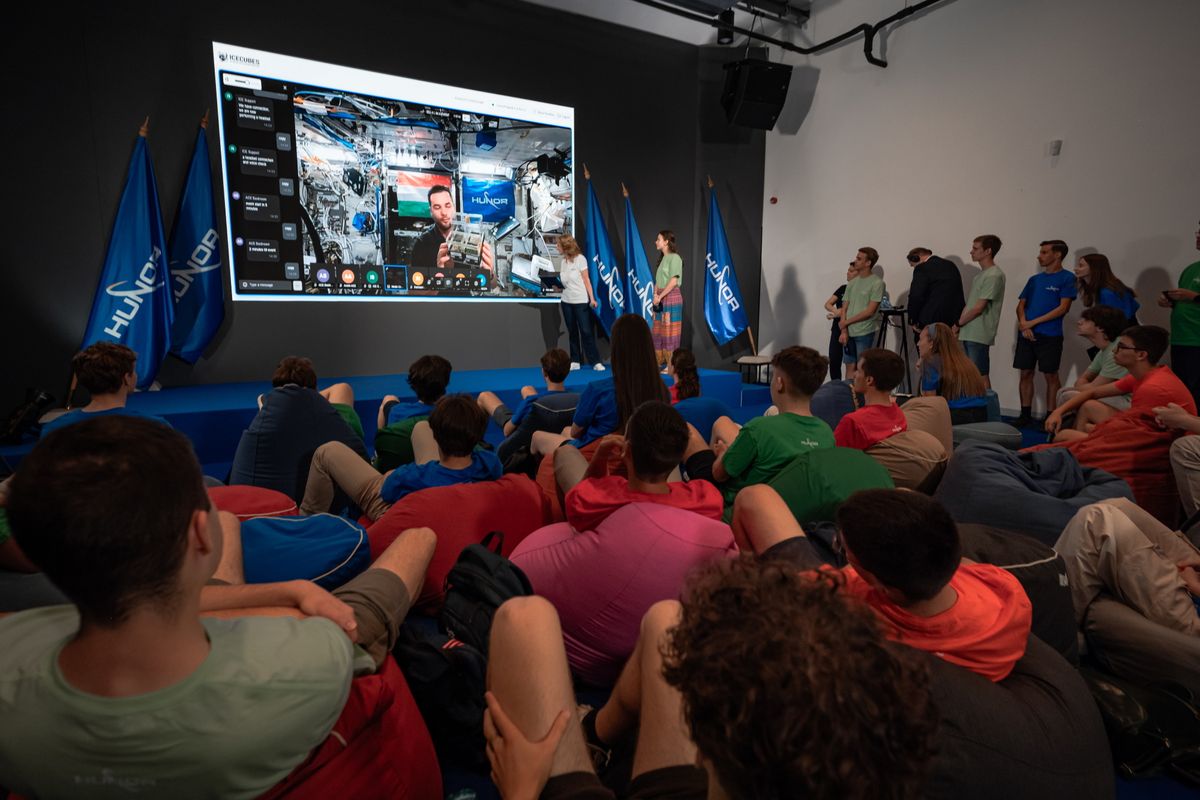
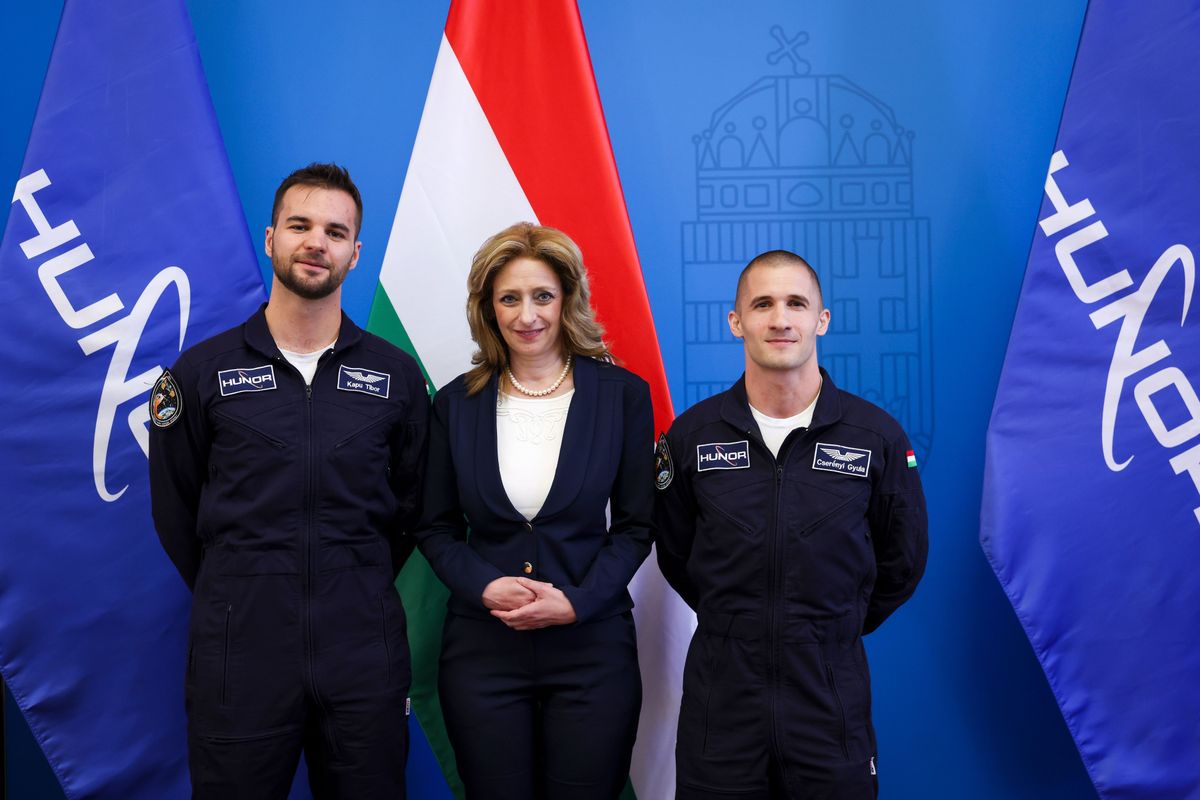
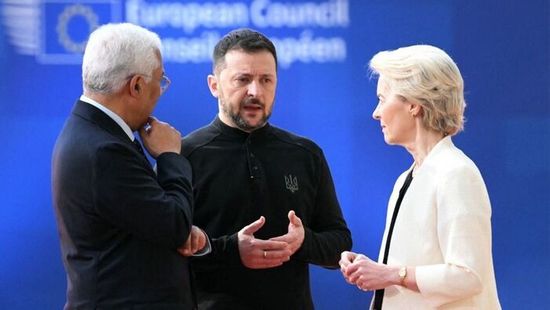

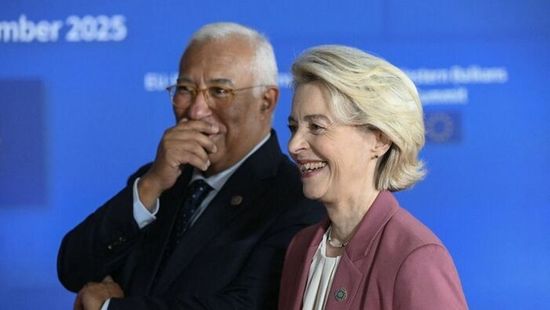




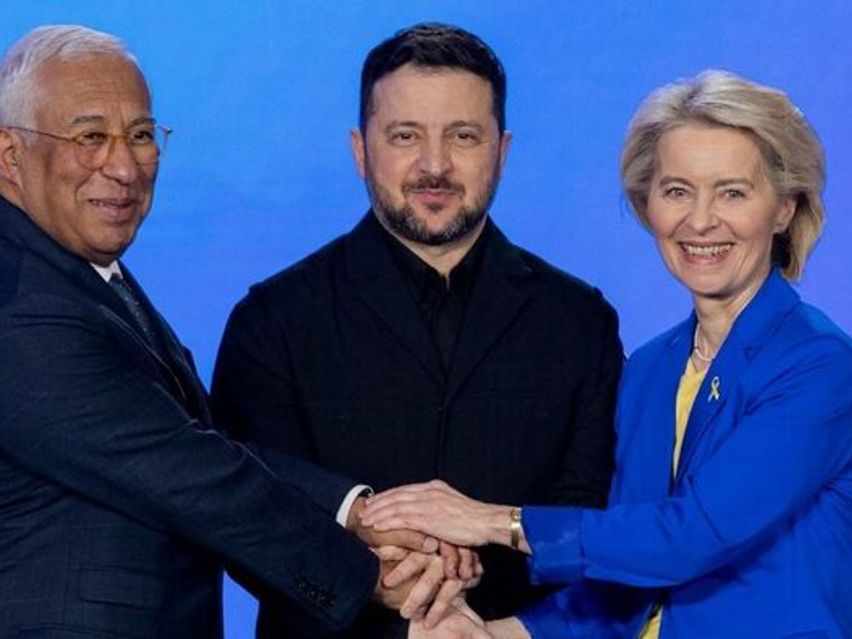
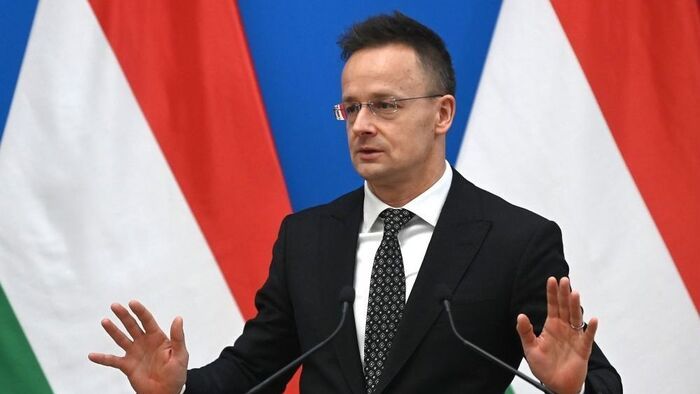

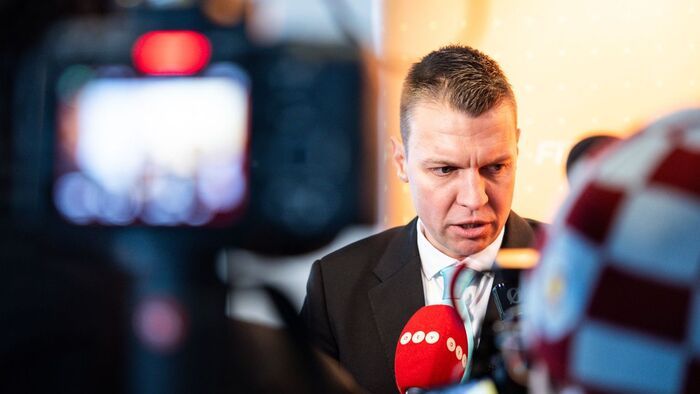





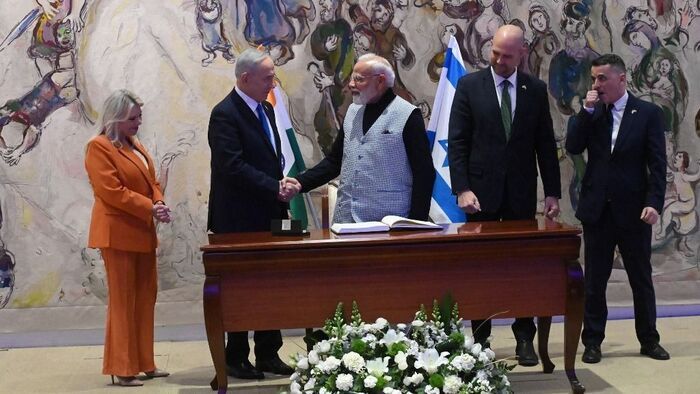





Szóljon hozzá!
Jelenleg csak a hozzászólások egy kis részét látja. Hozzászóláshoz és a további kommentek megtekintéséhez lépjen be, vagy regisztráljon!